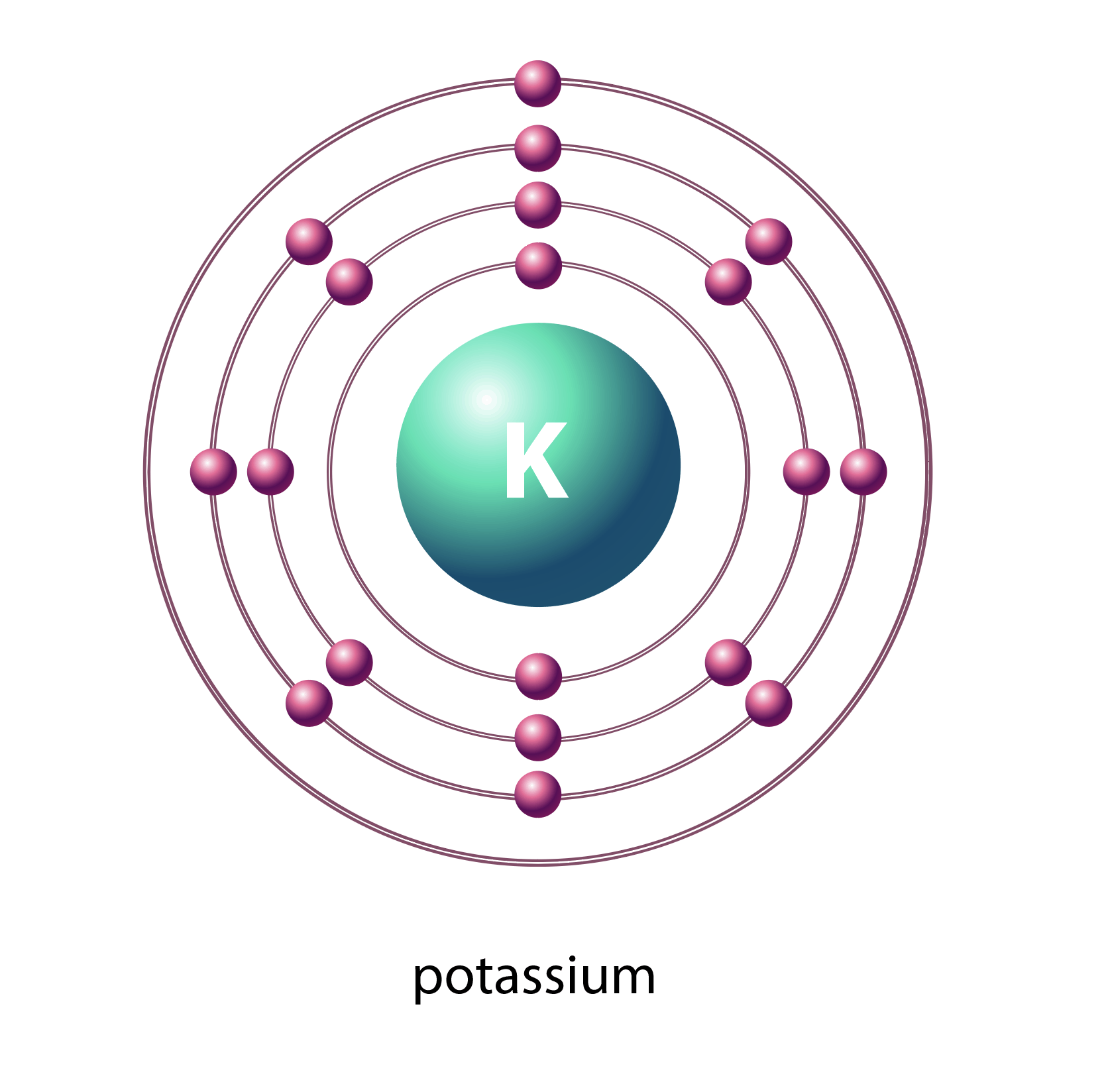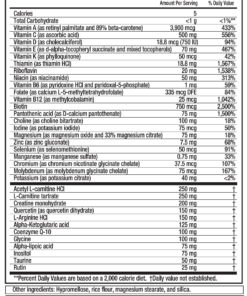Potassium
Potassium in EnergyNeeds®
 Potassium is added in order to provide a wide basis of nutrition, but not high enough to provoke hyperkalemia (high blood potassium). Diets in children with autism are often deficient in essential nutrients. Side effects are unexpected.
Potassium is added in order to provide a wide basis of nutrition, but not high enough to provoke hyperkalemia (high blood potassium). Diets in children with autism are often deficient in essential nutrients. Side effects are unexpected.
The Details
What Is Potassium?
Potassium is a mineral that must be obtained in the diet and is required for life. It is one of the seven essential “macrominerals” that need to be provided by the diet in quantities of at least 100 milligrams per day.
What Does Potassium Do?
Potassium is an electrolyte, which is a group of minerals that conduct electrical impulses throughout the body, including in nerves, muscle, and cardiac conduction tissue.
What Does a Potassium Deficiency Appear As?
Potassium deficiency, known as hypokalemia, is relatively common, and can occur under a variety of different conditions. Deficiency can result in fatigue, muscle symptoms (cramping, spasms, weakness), gastrointestinal symptoms (nausea, vomiting, constipation), and cardiac symptoms (arrhythmia, sudden death).
What About Potassium’s Use in Disease?
Potassium is supplemented in a wide variety of conditions including cardiovascular and gastrointestinal disorders, infertility, diuretic use, extreme exercise, and eating disorders.
What Are the Common and/or Important Side Effects of Potassium?
Too much potassium can result in hyperkalemia, a potentially dangerous condition that can include abnormal heart rhythms.
Is There Any Laboratory Testing for a Potassium Deficiency?
Laboratory testing can reveal the presence of a deficiency of this nutrient, as often can an EKG.
Order EnergyNeeds® Today
Formulations


